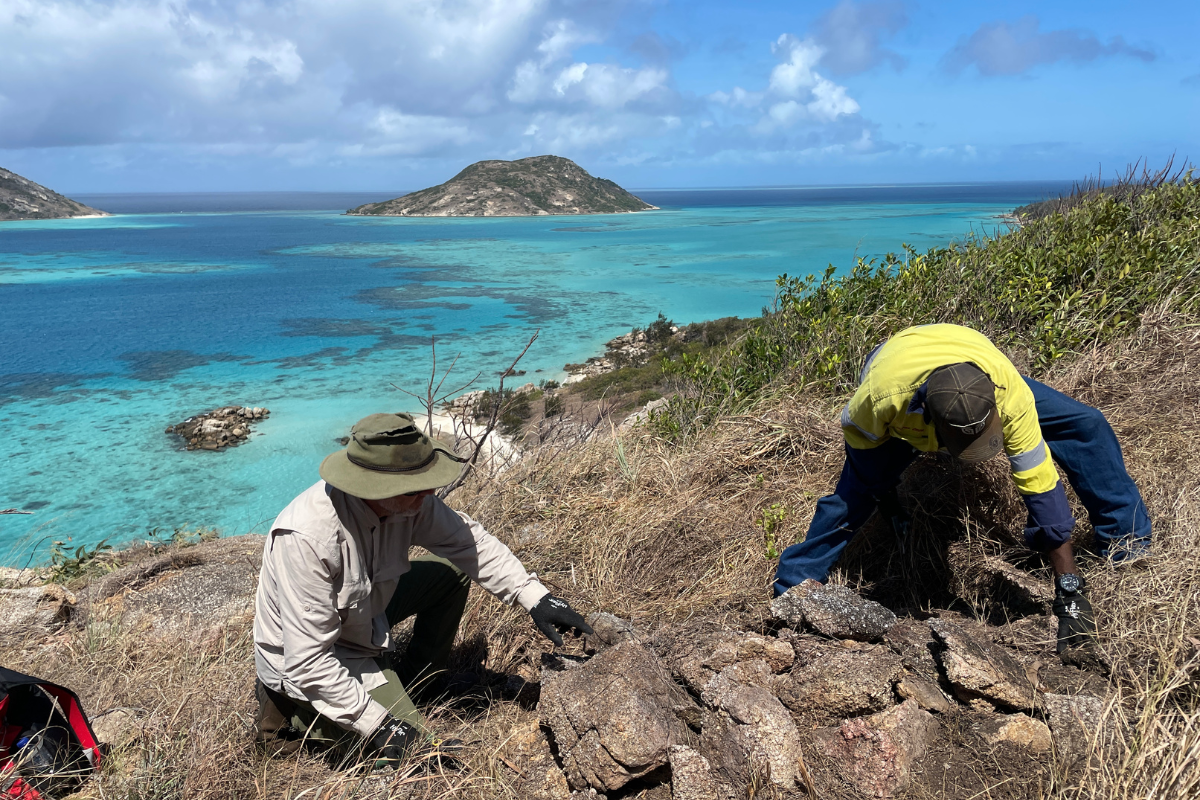Powerful versions of what the future holds have excited reassured and terrified people for centuries. Driven as much by quackery as informed by genuine insight, they have ranged from end-of-days narratives to predictions of the withering away of the state. Despite Jean-François Lyotard’s proposition at the end of the 1970s that the current, postmodern condition was an “incredulity towards metanarratives”, the human propensity for grand narratives of the future has proven remarkably resilient.Today’s grand narrative of the age of robots, artificial intelligence, machine learning, the Internet of Things, and cognitive computing the so-called “fourth industrial revolution” reflects a secularised version of progress through technology but is similarly framed in terms of both existential threat and revolutionary transformation.
Economic historians Carl Frey and Michael Osborne set off the current wave of perceived threat and transformation in 2013 when they estimated that about 47 percent of total US employment is at risk from computerisation. Since then, there have been a series of walk-backs from this apocalyptic figuring. The most arresting, perhaps, has been a very comprehensive 2017 study, The Future of Skills: Employment in 2030, published by Pearson and Nesta, co-authored by the same Michael Osborne (with Hasan Bakhshi, Jonathan Downing and Philippe Schneider). This offers a much more fine-grained prediction of what is to come and offers five big factors, only one of which is automation, that are influencing the future of work. The others are globalisation, population ageing, urbanisation, and the rise of the green economy.
Our future will always be much more complex, messy, uneven and surprising than the forecasts of futurologists. It will be the product of human intent and endeavour rather than the presumed autonomous impact of technology. Instead of lamenting “what is technology doing to us”, we must always ask “what are we doing with technology”?
Perhaps surprisingly, given that one of our current “grand narratives” is that science, technology, engineering and mathematics (STEM) skills will be responsible for delivering the future for us, the Pearson/Nesta study shows that education, health care, and wider public sector occupations are likely to grow. And some so-called lower-skilled jobs, in fields like construction and agriculture, are less likely to suffer poor labour market outcomes than has been assumed in the past.
The skills that are likely to be in greater demand include interpersonal skills, higher-order cognitive skills, and systems skills, that are honed as much by the Humanities, arts and social sciences as by the technological sciences.
On the occasion of its 50th Anniversary, the Australian Academy of the Humanities Symposium, in November in Brisbane, will explore the ways in which futures have been imagined by humans and brought into being. One of the authors of the Pearson/Nesta study, Hasan Bakhshi, will present on the latest update to their research on the future of work and skills, and Genevieve Bell, an anthropologist who has worked in the heart of Silicon Valley for 20 years and who now heads up the ANU’s Autonomy, Agency & Assurance Innovation Institute, will lay out her ambitious program to bring hyper-specialised knowledge formations together to address the entangled social and technological challenges facing humanity and the world.
Our future is in our hands; it needs to be humanised.



